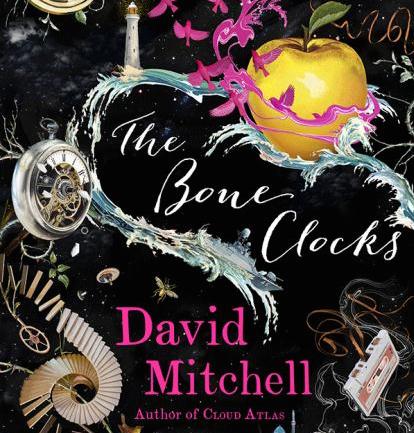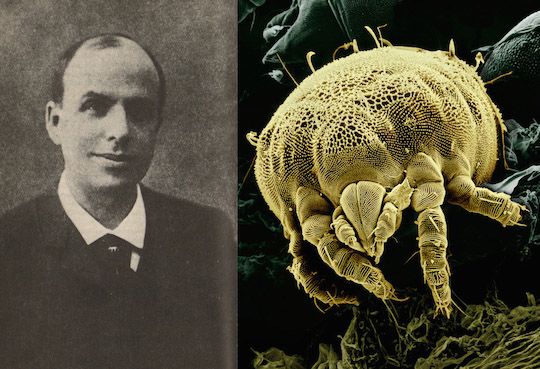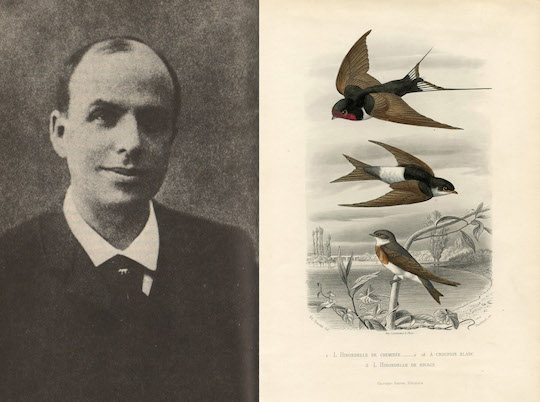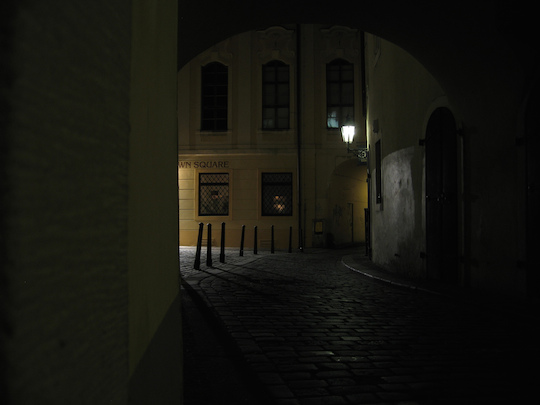Translation-happy readers often consider self-publishing, and its funny half-brother, digital publishing, the saviors of independent literature, but not all would agree. At The Guardian, Alan Skinner muses if the so-called “revolution” is a reactionary phenomenon, after all.
In terms of changing reading habits, there’s no bigger word than Amazon. The Seattle behemoth sure gets a lot of (well-deserved) flack in the lit world, and this week reminded us why. Literary nonprofits grapple with the ethics of accepting financial support from the business giant, and publisher Hachette stands to lose in its anti-Amazon scuffle—here’s a close reading of Amazon’s anti-publisher statement. Meanwhile, decidedly non-indie bestselling author James Patterson donates a hefty sum to independent bookstores all across the United States. READ MORE…












